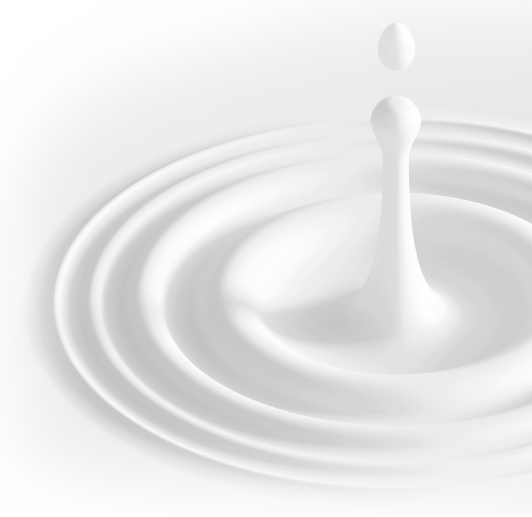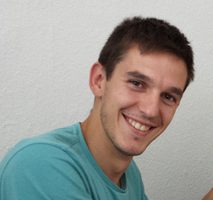In spring 2015, thanks to the RESOLV Graduate School Solvation Science, I was able to spend three months in Alicante, Spain. Internship at a foreign University is an exciting opportunity RESOLV is able to provide for young researchers. Alicante is a city on the Mediterranean coast of Spain in the Valencian region and it is about the size of Bochum but completely different in so many aspects. The biggest difference is the touristic appealing the city has, it attracts thousands of tourists and during spring and summer the city is always crowded. In fact many Spanish from the inland cities (as Madrid) have their summer houses also next to the sea so they can drive down to the coast and enjoy a relaxing weekend at the beach.
Luckily, I started my internship at the end of April, just when the nice season starts. And what a nice season! Three months and one week during which it was raining for not more than four hours in total!
I could find a room in a flatshare thanks to the help of a Spanish friend while I was still in Bochum so I had no problems regarding the accommodation.
I was welcomed warmly at the University and I immediately got to know the whole research group of the Institute of Electrochemistry. They helped me since the beginning not only in the lab but also giving me advice on life (and food!) in Spain. The first impression of the University in Alicante is quite astonishing for someone who is used to the Ruhr-University Bochum: small buildings of maximum three floors spread around a big campus full of palms and flowers.
The atmosphere was welcoming and the other PhD students in turn helped me in the lab showing me their know-how. The lab-instruments were different and I was not independent during the first week but later on I managed to do everything on my own. It is very useful to learn different experimental techniques and how to handle different instruments than the ones I am used to. It was a unique opportunity because at the Ruhr-University one of the experimental techniques I learned cannot be performed because the instrument is not available.
Science Zone
At the Institute of Electrochemistry in Alicante I worked under the supervision of Prof. Victor Climent and Prof. Juan Feliu. The research consisted of two main topics. One was the study of the kinetics of defect formations on the surface on Pt(111) single crystals in alkaline solutions. The other one is the laser-induced temperature jump method applied on an Ir single crystal having a (111) preferential orientation. The technique consists of nanosecond laser pulses fired at the electrode-solution interface to suddenly increase the temperature, providing evidence on the net charge orientation of water at the interface. Thanks to this technique it is possible to differentiate between the responses of the double layer to a potential difference and the charge-transfer processes at the interface.
The first days I was communicating in English, but due to the similarity of my native language (Italian) to Spanish I soon started to pick up words and communicate in their language. The thought of learning Spanish was on my mind, but I didn’t think it was so easy to do it!
My coworkers were mostly Spanish but there were also Chileans, Mexicans, Colombians and Brasilians among them. They could all talk in English but the whole communication in the lab has been done in Spanish, so learning it helped me a lot on both scientific and social life.
The head of the Electrochemistry Institute is Prof. Juan Feliu, former president of the International Society of Electrochemistry and maybe the worldwide most known professor in the field of single-crystal electrochemistry. The group is a bit smaller than the group of Prof. Schuhmann in Bochum and it is split in two adjacent buildings. But we were gathering all together for lunch and we also had dinner together every now and then.
I had interesting results in one of the two topics I was investigating in Alicante and a collaboration is established now to finalize the project. With the collaboration of one of the PhD students of Prof. Climent we will perform another set of experiments. This internship was indeed a great opportunity to expand my scientific network outside Germany!
————————————————————————————————————————————
About the author


